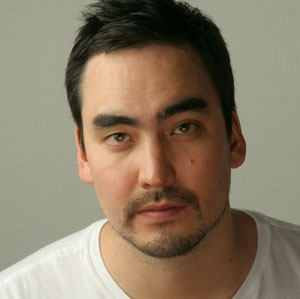The New York Times is hosting a debate on copyright issues and technology between Rick Cotton, general counsel of NBC, and Tim Wu, a professor at Columbia Law School. This should be a a very interesting event. Wu is working to expand access the public domain through programs like AltLaw, while Cotton is a copyright maximalist who has helped NBC fight for stronger copyright laws and more DRM on video content. https://phonetech.ee отзывов Iphone remont.
Round 1:
Topic: DRM, Digital Rights Management, creating a war with users or a useful tool?
Cotton starts round one by acknowledging the major concern that artist want to get paid and that copyright law allows the use of DRM. Then he stumbles by overstating the purpose and the usefulness of DRM as a silver bullet that will solve distribution problems through noninvasive solutions.
Wu responds by pointing out the problems with overzealous DRM like the Sony Root Kit and the fact that most DRM prevents features that users want such as moving their own movies between devices they own. Wu also points out that DRM is being used to cling to outdated distribution models and prevent fans from remixing.
Outcome: Slight edge to Wu. I hope that as the week goes on issues like user generated content and free speech will take center stage.
My Response:
The only message DRM sends is “we do not like or trust our customers”. DRM views the public as the enemy. For those of us on the ground, fighting DRM is a war and consumer rights are the casualties. Get involved in the fight – visit Defective by Design.
To speak much is one thing, to speak well, another.
-Sophocles
Round 1 word count:
Cotton 844
Wu 449
Related FFIP articles:
Tim Wu – “tolerated lawbreaking” and Copyright


